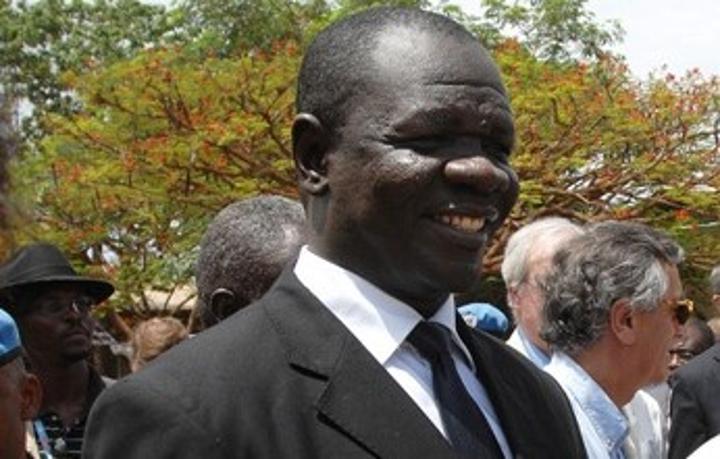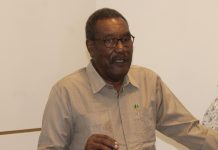Africa-Press – South-Sudan. The lawmakers in the Translational National Legislative Assembly expressed concerns over the survival of wildlife due to the increased proliferation of illegal firearms among the civil population.
The Members of Parliament raised the issue during the deliberation of South Sudan’s National Legislative Assembly Endorsed Tourism Policy to Protect Wildlife and Boost Economy last week.
The August House unanimously endorsed the Tourism Policy in its second and final reading. The policy aims to conserve wildlife and promote tourism, in South Sudan.
During the deliberations, Speaker Jemma Nunu Kumba highlighted the importance of this policy and emphasized that it would be thoroughly debated and adopted.
It was at that moment that the Minister of Wildlife Conservation and Tourism, Rizik Zachariah, expressed concern and fear about the increasing rate of firearms, particularly in areas where many of the country’s wild animals live.
“Bearing in mind the rampant guns in the hands of the population, you cannot manage conservation with unrestricted guns in the civilian’s hands,” he lamented. Rizik lamented a lack of support especially in the absence of logistics to facilitate their operation.
“We seasonally have three anti-poaching operations this year,” he said, adding that there are only three trucks and a few pickups to serve the personnel who traverse vast areas where the game animals dwell.
John Agany, the NTLA Spokesperson, who represents Northern Bahr Ghazal State, said South Sudan is blessed with a variety of animals but more input is needed in conservation. He said the national park of Badingilo, which serves as a home to thousands of animals, is currently not receiving adequate care and protection.
“They (animals) move seasonally to nearby regions and return to South Sudan because most of them are poached,” Agany said.
“Many animals are being killed for their tusks, and we must take action to prevent further loss. We cannot benefit from wildlife unless we invest in them. Many animals are being killed because of their tusks.”
Agany highlighted the economic potential in South Sudan’s wildlife, saying “By investing in their preservation and creating sustainable tourism opportunities, the government can harness this potential and contribute to the country’s economy,” he added.
Welcome policy
John Majak described the policy as a groundbreaking initiative to regulate the wildlife sector. He emphasised the need to focus on comprehensive areas of South Sudan beyond just specific regions like Boma. He highlighted the challenges animals face in greater Akobo, particularly water scarcity.
“The animals have a lot of challenges especially lack of water. If possible, the institution should dig artificial lakes to help the water animals randomly walk south, east and even north where there is no water to drink,” he said.
Susan Thomas, a lawmaker representing Ezo County, Western Equatoria State, advocated for training of the rangers to ensure effective protection and called for developing the hotel sector to accommodate tourists.
“By the time we come up with these laws, most of our natural resources would have been exhausted,” she said. “Tourism is the most important sector in the country and we need to invest in it to improve our economy and the budget.”
Micheal Lasu, who represents Central Equatoria State, observed that the wildlife sector has for long been neglected with most states having no department of wildlife.
He advised the government to recruit more wildlife officers and control poaching. “Poaching is rampant in this country. You will find wildlife meat everywhere because there is no control,” Lasu said.
During the policy’s presentation, a joint report of the Standing Specialized Committee on Wildlife Conversation, Tourism, Legislation, and Justice on the Tourism Policy 2023 outlined the challenges facing wildlife in the country.
According to Maj General Tongun Lodu, the committee’s deputy chairperson, said, the phenomenon of habitual destruction and degradation caused by pastoralists and cattle encroaching on many protected areas has prompted animals to flee.
“The deployment of armed forces in and around the protected areas and the uncontrolled bush fire destroying the fauna and flora as well as charcoal production and logging lead to forest destruction in the country,” Lodu said.
Lodu emphasized that the tourism sector must adopt an integrative and cross-sectoral approach to policy implementation because tourism is dependent on many sectors, including infrastructure and security, as well as the environment, land, and other natural resources.
Source: The City Review South Sudan
For More News And Analysis About South-Sudan Follow Africa-Press






